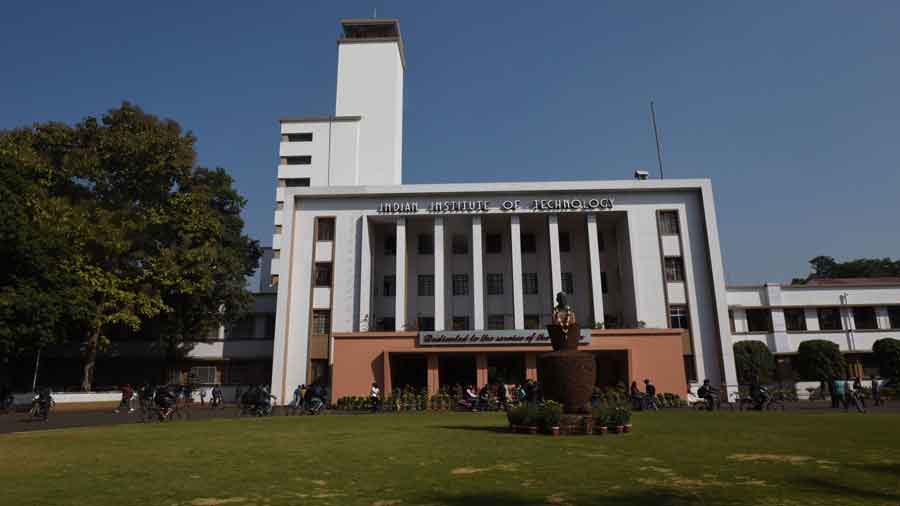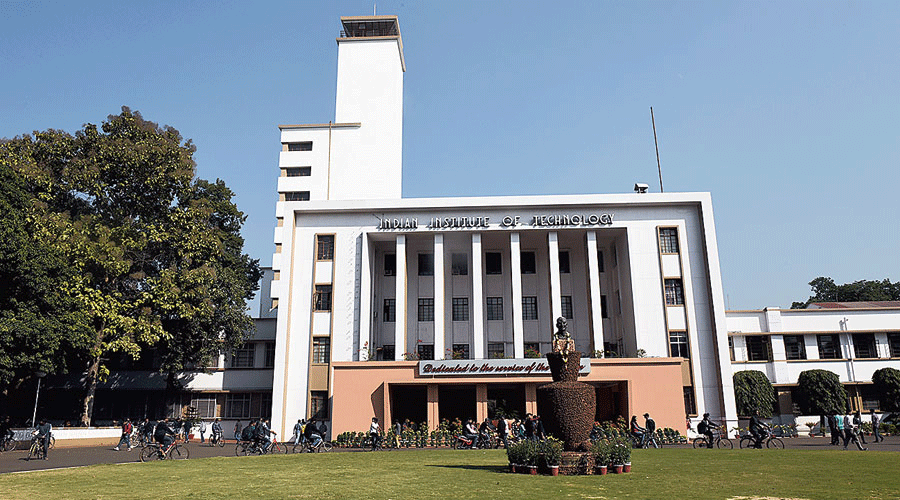Calcutta High Court has said that it expects the director of IIT Kharagpur to take stringent measures over the unnatural death of a third-year student in its hostel, maintaining that it is concerned about the well-being of students seeking high-level scientific and technical education in the country.
Taking note of allegations of ragging, the court directed that appropriate counselling sessions, starting at the ground level, be ensured and that the director of the Indian Institute of Technology (IIT) Kharagpur be personally responsible for implementing it.
Professor Virendra Kumar Tewari, director of the first IIT in the country, was present in the court as per a direction by it concerning a petition by Salim Ahmed, father of Faizan, a student of mechanical engineering, whose body was found in his hostel room at IIT Kharagpur on October 14, 2022. Ahmed, hailing from Assam's Tinsukia district, is seeking the formation of a special investigation team (SIT) to probe the unnatural death of his son. "It is expected that stringent and deterrent measures shall be taken by IIT Kharagpur in respect of this incident and also to prevent recurrence of such incidents in future," Justice Rajasekhar Mantha said in the order on Friday.
Expressing concern over the well-being of students of the premier institute imparting education in technology and science, the court said "a large number of students with superior intellectual abilities, from different economic and social backgrounds and having different emotional quotients, come here.” The court observed that these differences impact the behavioural patterns of students, "sometimes restricting their free expression and interaction." Justice Mantha said that the incidence of any form of “ragging” makes things only worse for such students.
"It can scar the victim students psychologically for varying periods of time. In some cases it remains for long years in the psyche of the student and in some others permanently," the court observed.
He said that this can have a devastating effect on the present and future, personal and working lives of the students.
"The intellectual growth, well-being and development of society and the nation can therefore be adversely impacted as a consequence of this menace called ragging," the court observed, maintaining that the director of IIT Kharagpur ought to have been aware of the above.
While noting IIT's submission that a meeting of the board of governors of the IIT is fixed on February 10, the court said that it is concerned about the well-being of the students seeking special high-level scientific and technical education in this country.
Requesting the West Bengal Advocate General to assist the court in the matter, Justice Mantha directed the state police to apprise the court of the status of the investigation on February 6 either as a written report or orally.
Justice Mantha directed that compliance with the directions to IIT will be considered on February 13.
Anindya Mitra, senior counsel appearing for IIT, submitted that all issues and lacunae in an earlier report submitted by the institute have been addressed in a new report and that a fact-finding committee set up by it has conducted an inquiry into the issue.
The court said that the petitioner's counsel, Ranajit Chatterjee, will study the report and indicate deficiencies, if any, in the report as expeditiously as possible and communicate the same to the IIT's director through its advocate on record.
“We are a residential institution with 16,000 students....if we lose anyone, any of our children, it is sad, shocking and it hurts us as guardians...IIT Kharagpur has always extended cooperation to the investigating agencies during the ongoing probe.”
“Lastly, we will always abide by the directives of the honourable high court", Tamal Nath, registrar of IIT Kharagpur, told PTI.


